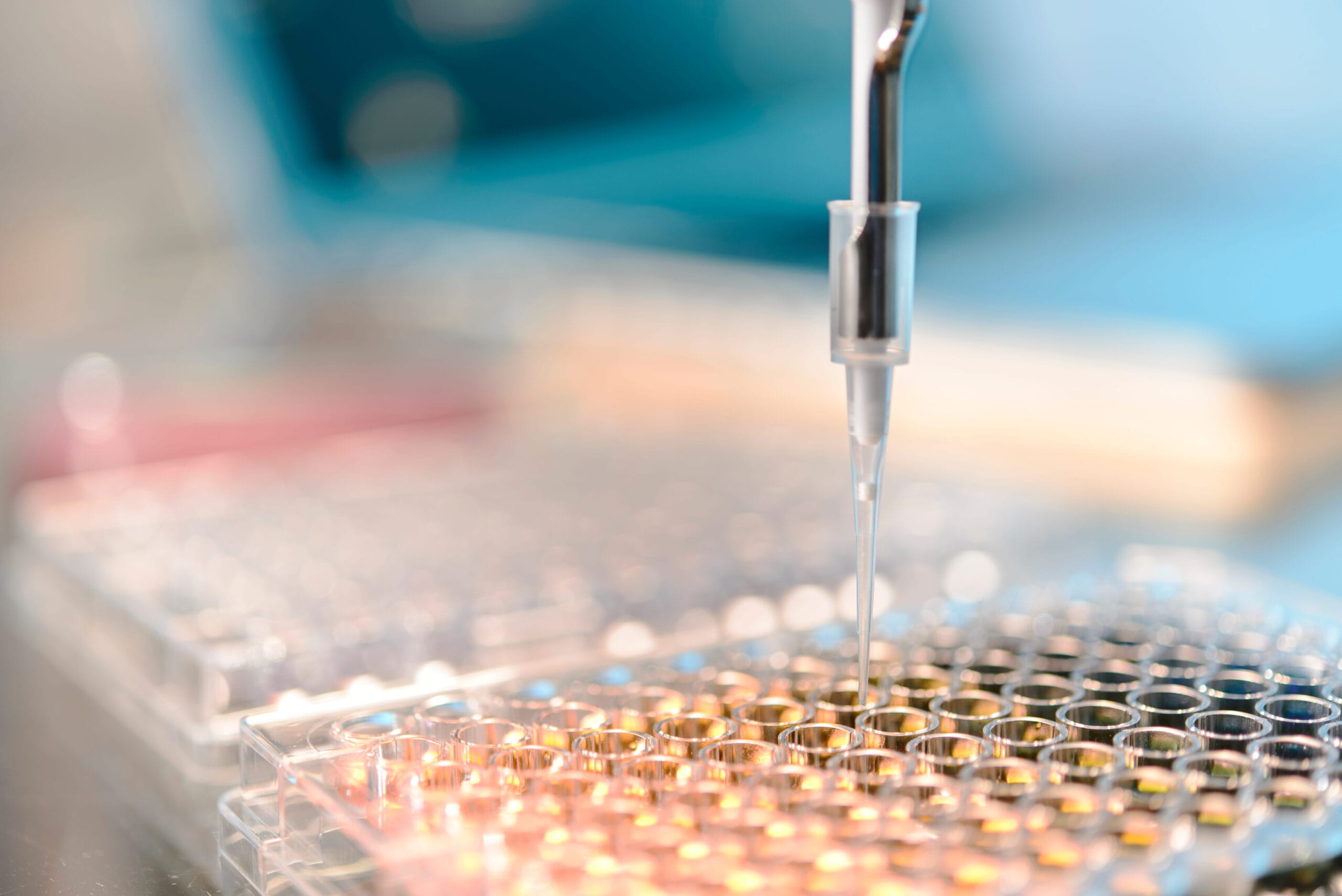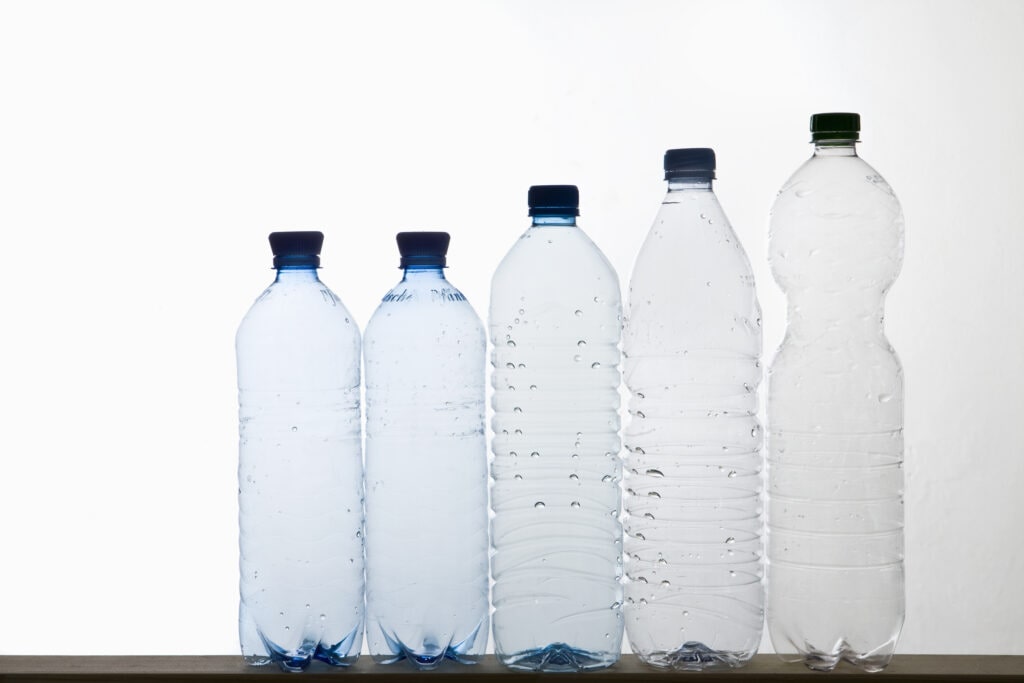
Chemical Analysis
Exposure to BPA has potential adverse health effects. We can provide the testing needed to ensure the safety of your product.
Bisphenol A (BPA) is a monomer used to make certain polycarbonate materials and epoxy resins. Polycarbonate materials are used in a variety of products, including drinking bottles, medical devices, and impact-resistant products. Epoxy resins are used on the interior of food cans and water supply pipes. BPA can migrate from food packaging materials and pipes into food and drink, resulting in human exposure to BPA. BPA is a health concern due to its activity as an endocrine disruptor.
In Canada, manufacturers of Class II, III, and IV medical devices are required to inform Health Canada whether the device contains ≥ 0.1% w/w Di (2-Ethyl hexyl) Phthalate (DEHP) or is manufactured from raw materials containing or derived from bisphenol A (BPA). SGS PSI offers testing of materials for regulatory compliance, including DEHP and BPA in medical devices and packaging materials.
Approaches
SGS PSI analyzes materials for the presence of BPA using HPLC and GC-MS methods.
HPLC is High Performance Liquid Chromatography. This technique separates molecules in solution based on their interaction with the stationary phase. A variety of detection methods are used including UV absorbance and mass spectrometry.
GC-MS is Gas Chromatography coupled with Mass Spectrometry. It is a technique used to identify and/or quantify volatile and semi-volatile organic compounds (VOC’s and SVOC’s) present in the injected sample.
[TJ(1]Link to HPLC page
[TJ(2]Link to GC-MS page

Sample Considerations
The sample requirements will vary depending on the type of material, the expected level of limit detection, and associated testing requirements.
Our team will help you to determine how to submit your sample to achieve the best results. Contact us with specific questions about your testing needs.
Experience
We have experience analyzing materials for BPA using HPLC, LC-MS and GC-MS. Not only can we follow established methods, we are also experts in establishing custom methods to suit specific materials and unique testing requirements.
